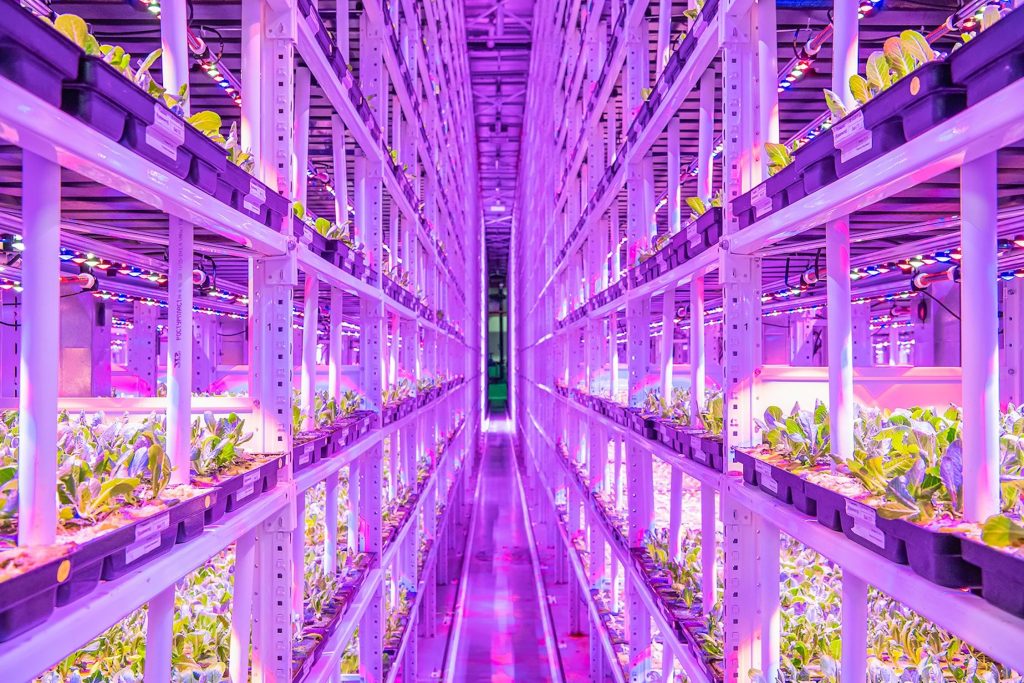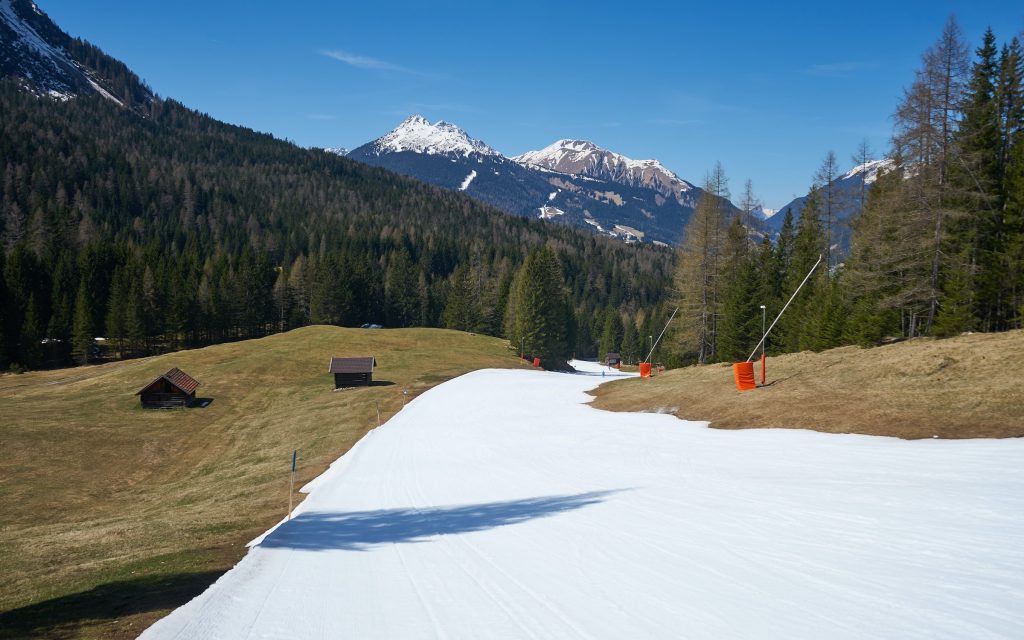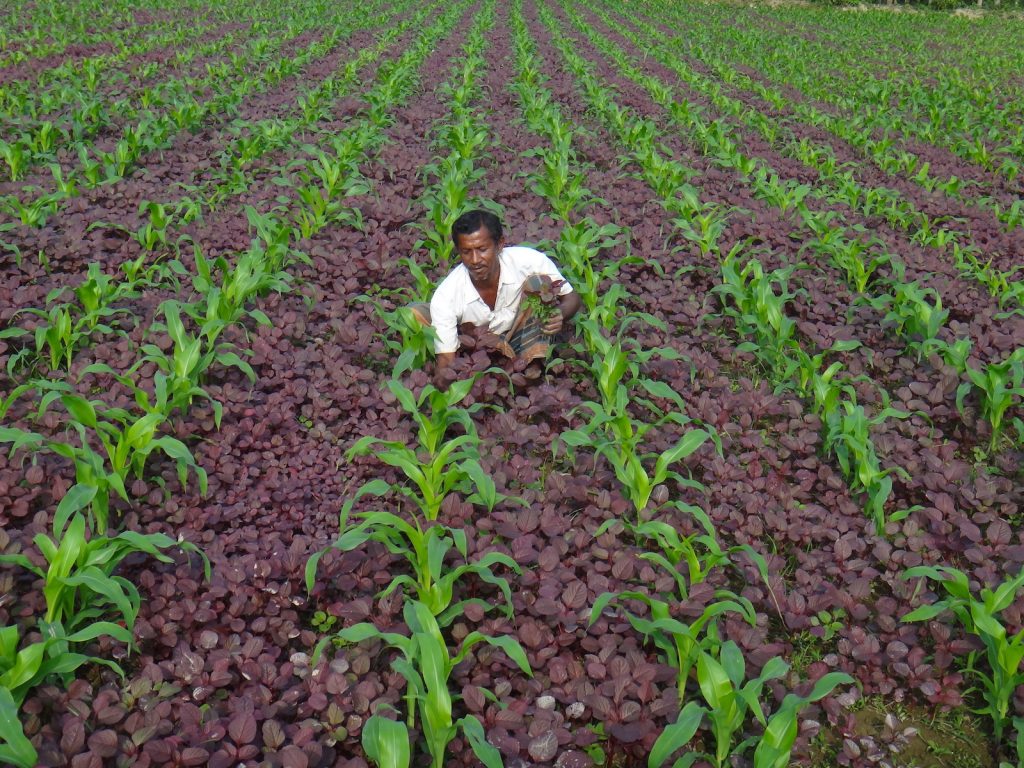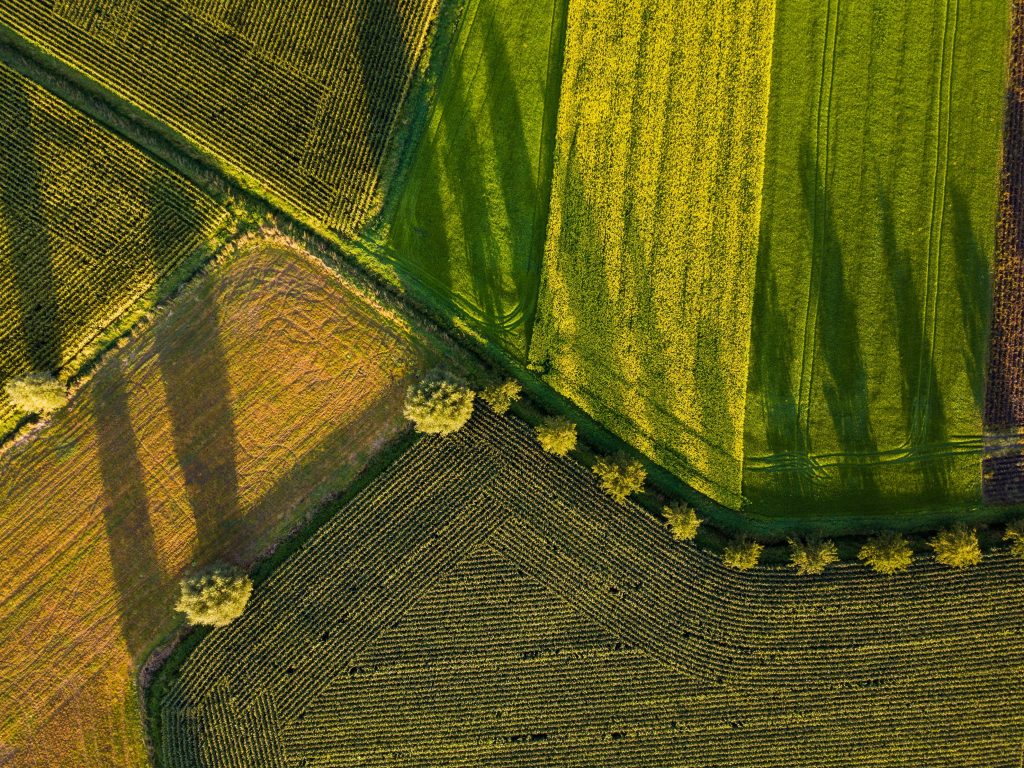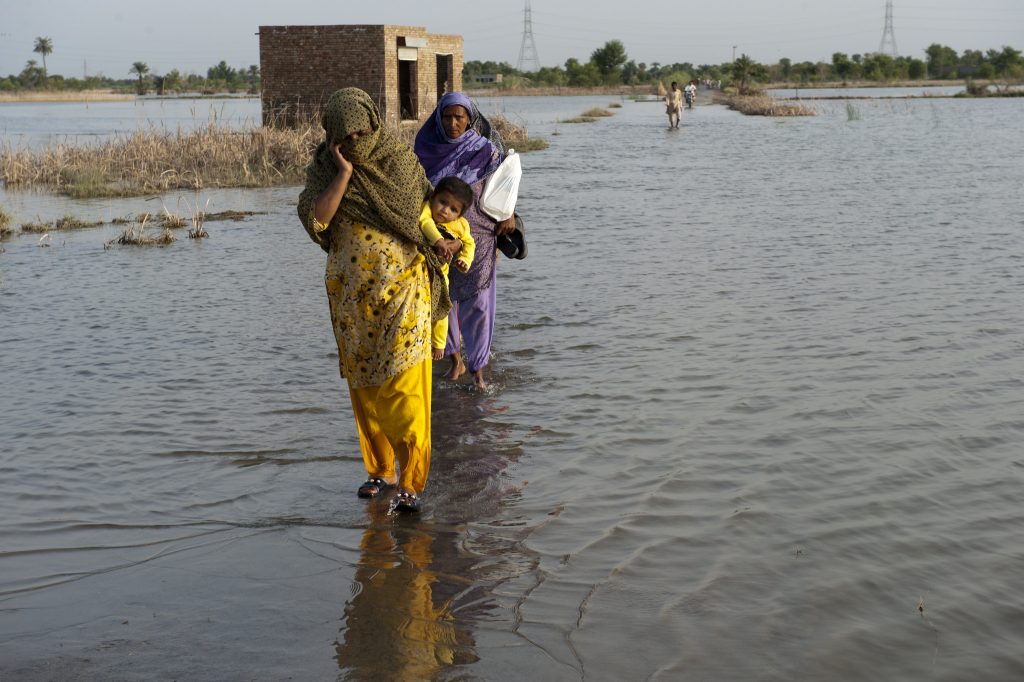
What is environmental intelligence?
It can leverage new technologies including artificial intelligence and machine learning to greatly improve the selection, processing and use of the vast amounts of climate data we currently have. The result? More informed and effective decision making from the local to the global level. Scientists, startuppers and representatives of EU institutions dialogue on funding opportunities, innovation and applications.




